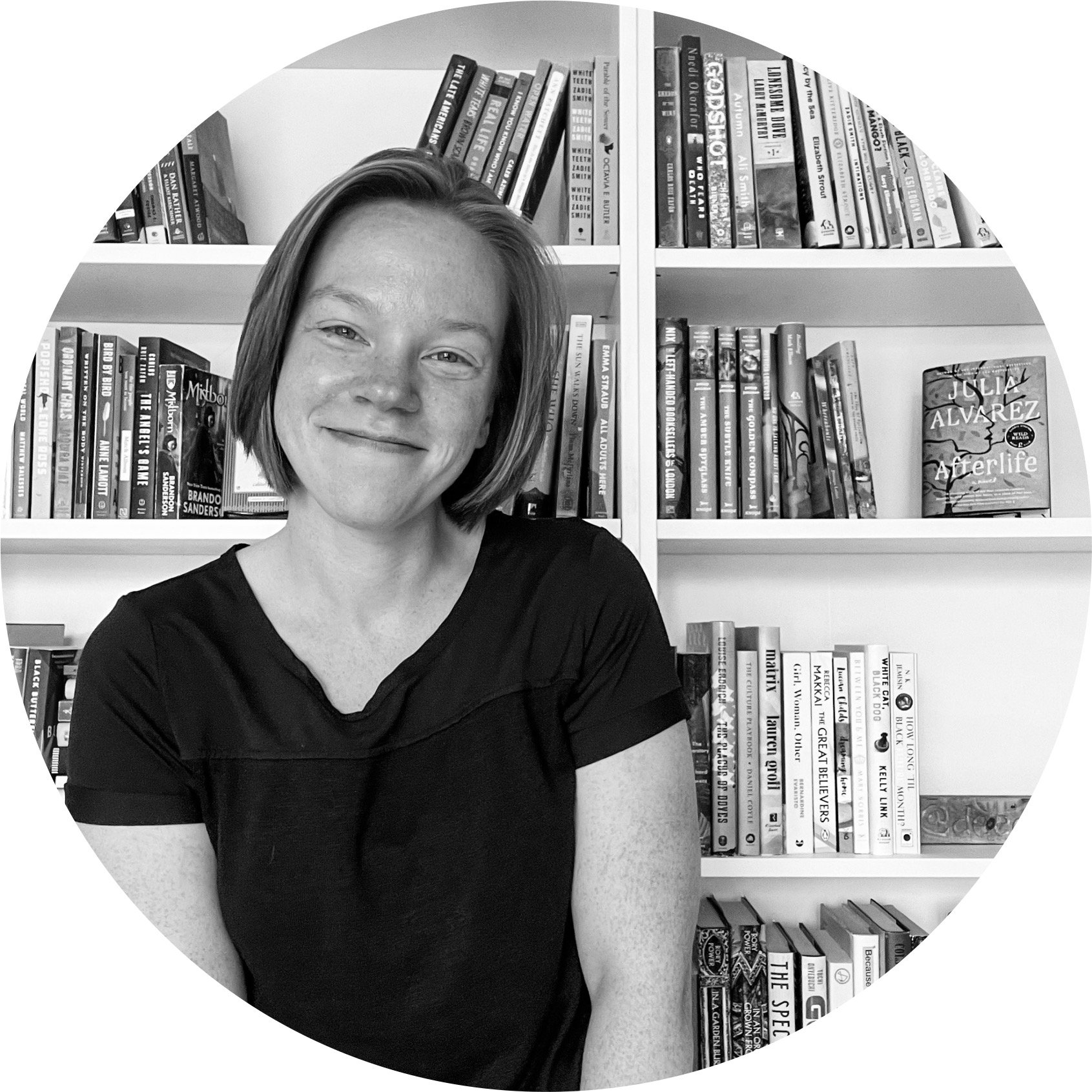Small Great Things
Ruth Jefferson is a labor and delivery nurse at a Connecticut hospital with more than twenty years' experience. During her shift, Ruth begins a routine checkup on a newborn, only to be told a few minutes later that she's been reassigned to another patient. The parents are white supremacists and don't want Ruth, who is African American, to touch their child. The hospital complies with their request, but the next day, the baby goes into cardiac distress while Ruth is alone in the nursery. Does she obey orders or does she intervene?
Ruth hesitates before performing CPR and, as a result, is charged with a serious crime. Kennedy McQuarrie, a white public defender, takes her case but gives unexpected advice: Kennedy insists that mentioning race in the courtroom is not a winning strategy. Conflicted by Kennedy's counsel, Ruth tries to keep life as normal as possible for her family—especially her teenage son—as the case becomes a media sensation. As the trial moves forward, Ruth and Kennedy must gain each other's trust, and come to see that what they've been taught their whole lives about others—and themselves—might be wrong.
Author: Jodi Picoult
Rating: 5/5
“Active racism is telling a nurse supervisor that an African American nurse can’t touch your baby. It’s snickering at a black joke. But passive racism? It’s noticing there’s only one person of color in your office and not asking your boss why. It’s reading your kid’s fourth-grade curriculum and seeing that the only black history covered is slavery, and not questioning why. It’s defending a woman in court whose indictment directly resulted from her race…and glossing over that fact, like it hardly matters.”
This book was not really comfortable, but it was important. In the story, which was developed after Picoult conducted extensive interviews with both Black people as well as former white supremacists, a white supremacist father goes after a Black nurse over the death of his baby. And the world lets him.
In the chapters told from Turk Bauer's perspective, we see how he "joined the movement": attending secret rallies where social activities included target practice at caricatures of Black people and Jewish people; going on a first date that involves bashing gay men's heads against a sidewalk; having a swastika tattooed on your scalp as a sign of love for your wife; reciting marriage vows that include a promise to protect the purity of the white race and fight in the impending holy race war. Eventually, Turk's "movement" goes underground, operating online rather than in the open, hiding in plain sight, where they know they are just as (if not more) terrifying. As I read this book, real-life white supremacists and Nazis gathered in Charlottesville, Virginia. They hurt people. They killed people. They carried swastikas. They quoted Adolf Hitler. They were real, and they'd been hiding in plain sight. How can this be the world we live in?
As a white woman who has all kinds of privilege, I was wary of placing too much stake in this book. I know that being an ally involves a heck of a lot more than reading books by other white women. Picoult also recognized that she was not an authentic voice for the Black community, and I think she did a pretty great job of using the experiences of Black women who helped her, educated her, to inform the story (although I know I am not the right one to judge that). Audra McDonald read Ruth's part in the audiobook, though, so that does make me suspect that Picoult must have at least gotten close.
Picoult is a wildly successful author for a reason. I'm not going to waste your time by telling you that she writes well, that she spins a great story, that her plots and characters are excellent. But the first book I read by her was Nineteen Minutes. She writes important things, and she keeps you fully engaged while she does it.It's not enough for those of us who have privilege to hear that we do.
It's not enough to have our eyes opened to the experiences of those who do not have privilege. We have to hear and see those things over and over, as often as we can, for it to even have a chance of making a difference. This book was a good start—a good way to continue. Read it.


